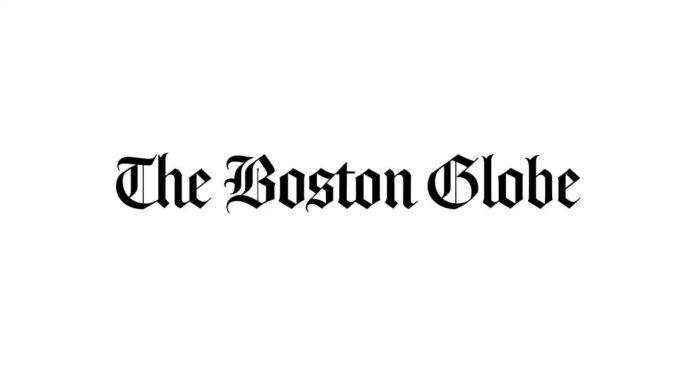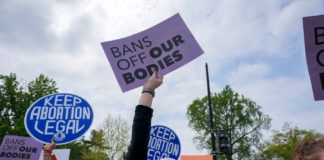
Advertisement
In 1931, Clyde Pangborn and Hugh Herndon completed the first non-stop flight across the Pacific Ocean, arriving in Washington state some 41 hours after leaving Japan.
In 1947, President Harry S. Truman delivered the first televised White House address as he spoke on the world food crisis.
In 1953, Earl Warren was sworn in as the 14th chief justice of the United States, succeeding Fred M. Vinson.
In 1955, a stage adaptation of “The Diary of Anne Frank” by Frances Goodrich and Albert Hackett opened at the Cort Theatre in New York.
In 1958, racially-desegregated Clinton High School in Clinton, Tennessee, was mostly leveled by an early morning bombing.
In 1969, the British TV comedy program “Monty Python’s Flying Circus” made its debut on BBC 1.
In 1983, Solidarity founder Lech Walesa was named winner of the Nobel Peace Prize.
In 1989, a jury in Charlotte, North Carolina, convicted former P-T-L evangelist Jim Bakker of using his television show to defraud followers. (Although initially sentenced to 45 years in prison, Bakker was freed in December 1994 after serving 4 1/2 years.)
Advertisement
In 2001, tabloid photo editor Robert Stevens died from inhaled anthrax, the first of a series of anthrax cases in Florida, New York, New Jersey, and Washington.
In 2005, defying the White House, senators voted 90-9 to approve an amendment sponsored by Senator John McCain, Republican from Arizona, that would prohibit the use of “cruel, inhuman, or degrading treatment or punishment” against anyone in US government custody. (A reluctant President George W. Bush later signed off on the amendment.)
In 2011, Steve Jobs, 56, the Apple founder and former chief executive who’d invented and master-marketed ever sleeker gadgets that transformed everyday technology from the personal computer to the iPod and iPhone, died in Palo Alto, California. Rev. Fred L. Shuttlesworth, 89, a civil rights activist who endured arrests, beatings and injuries from fire hoses while fighting for racial equality in the segregated South of the 1960s, died in Birmingham, Alabama.
In 2015, the United States, Japan, and 10 other nations in Asia and the Americas reached agreement on the landmark Trans-Pacific Partnership trade deal.
In 2016, Portugal’s former prime minister Antonio Guterres won the Security Council’s unanimous backing to become the next UN secretary-general, succeeding Ban Ki-moon.
In 2017, California Governor Jerry Brown signed legislation extending protections for immigrants living in the United States illegally; police in California would be barred from asking people about their immigration status or taking part in federal immigration enforcement activities.
Advertisement
In 2018, a jury in Chicago convicted white police officer Jason Van Dyke of second-degree murder in the 2014 shooting of Black teenager Laquan McDonald.
In 2020, President Donald Trump staged a dramatic return to the White House after leaving the military hospital where he was receiving an unprecedented level of care for COVID-19; Trump immediately ignited a new controversy by declaring that despite his illness, the nation should not fear the virus. The Centers for Disease Control and Prevention said the coronavirus could spread more than 6 feet through the air, especially in poorly ventilated and enclosed spaces, but that such spread was uncommon and that current social distancing guidelines still made sense. As the Supreme Court began its new term, a statement from conservative justices Clarence Thomas and Samuel Alito suggested that the court needed to revisit its decision to affirm the right to gay marriage.








